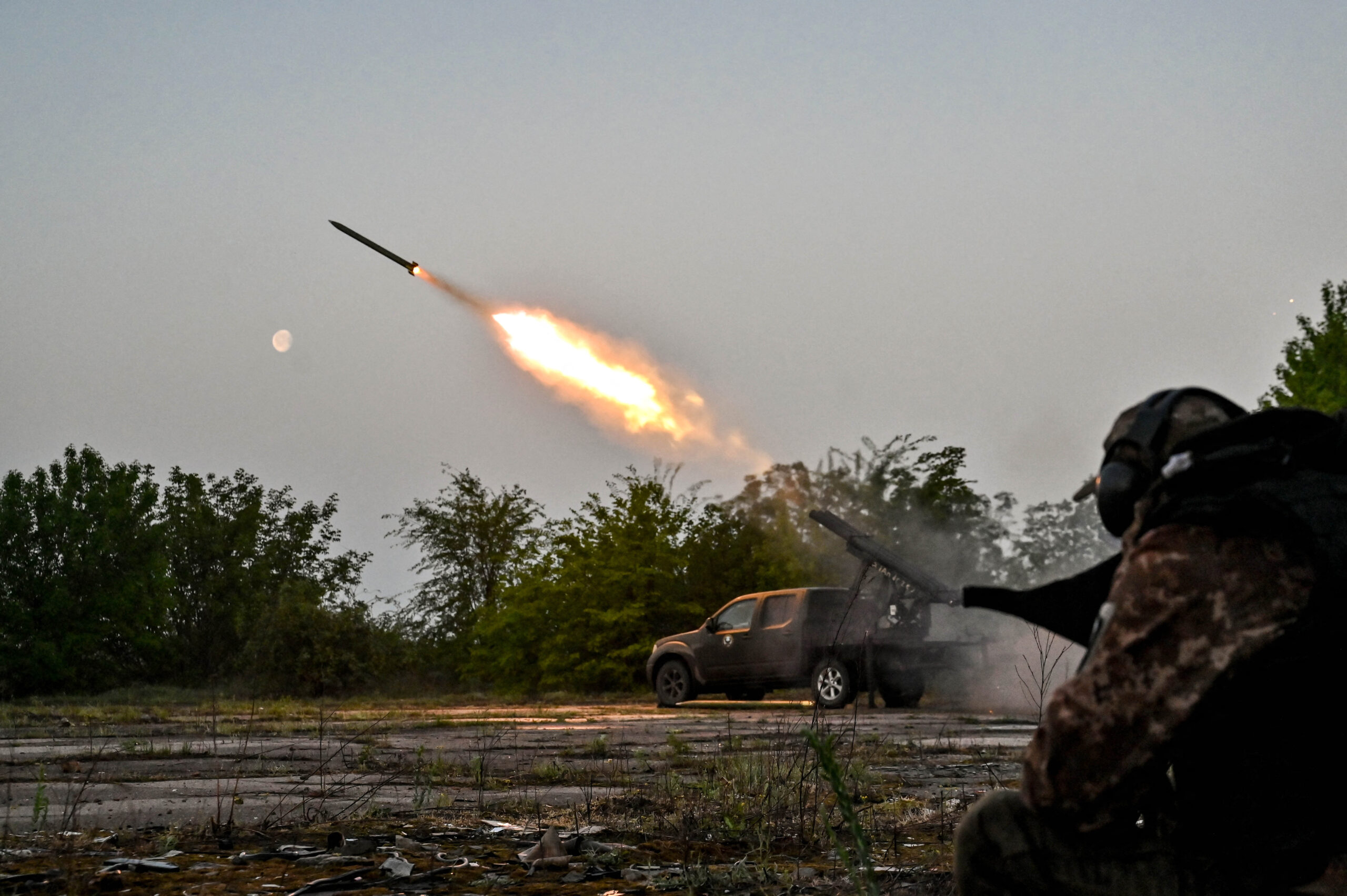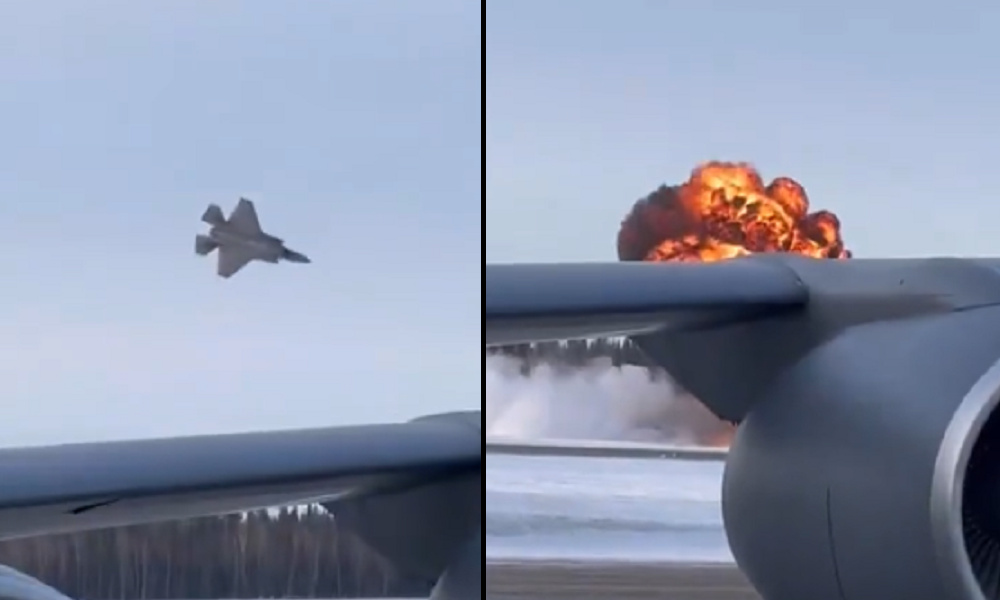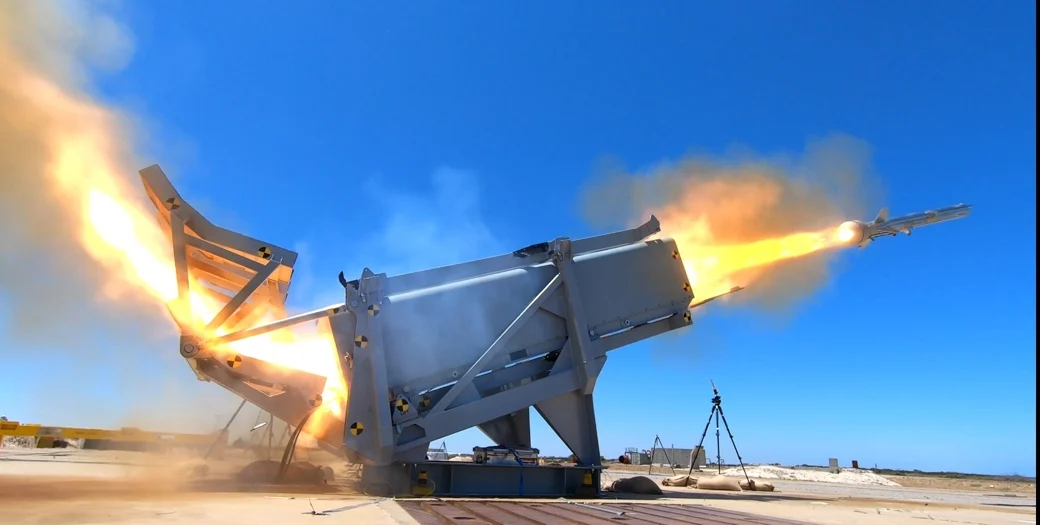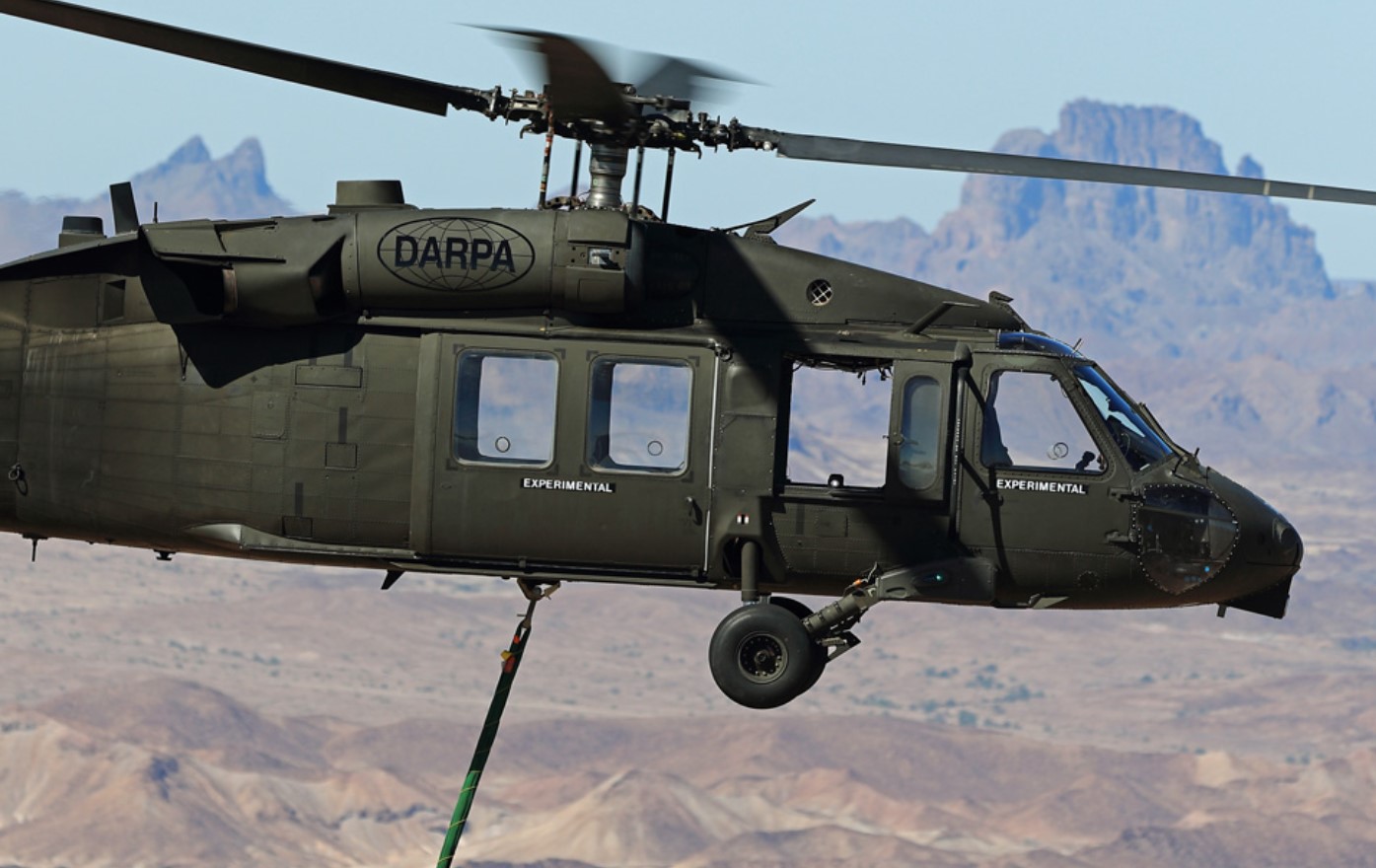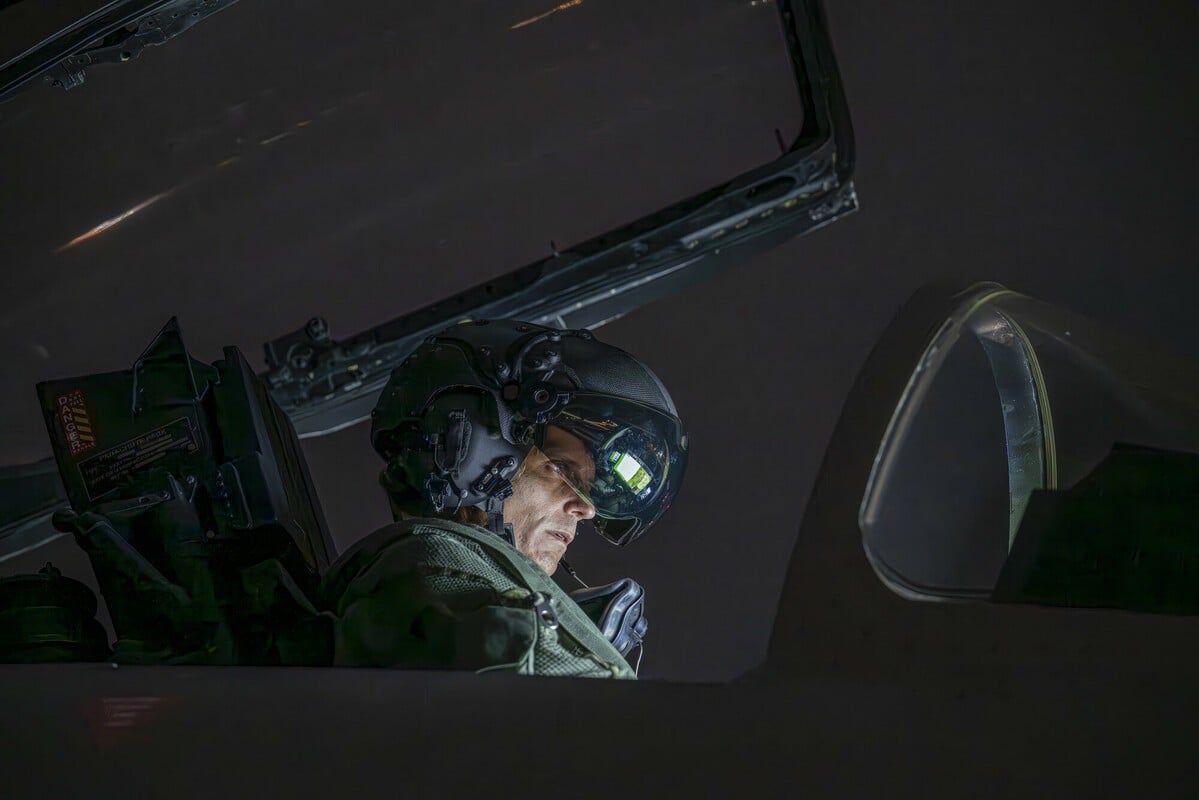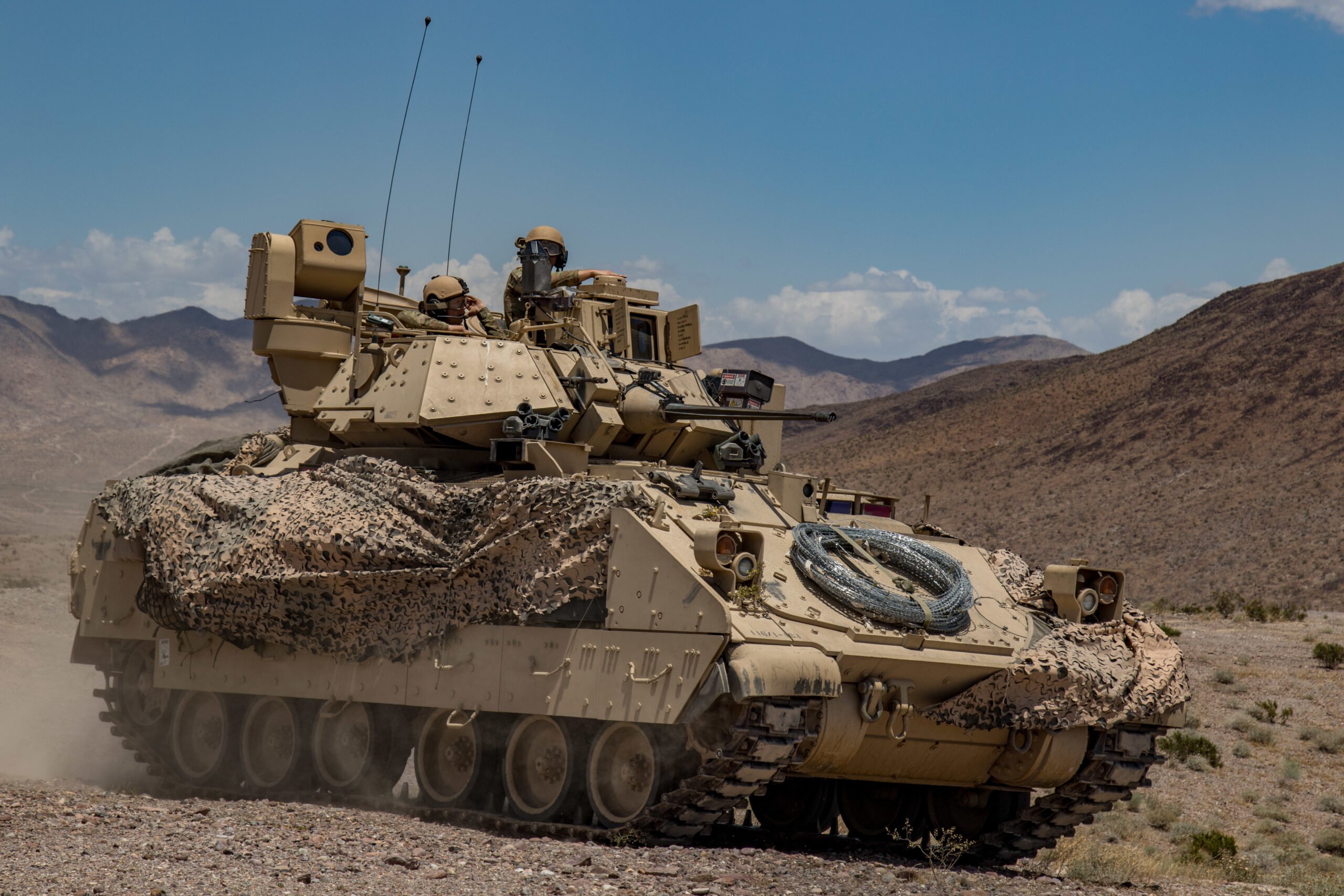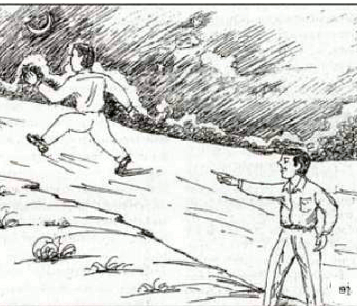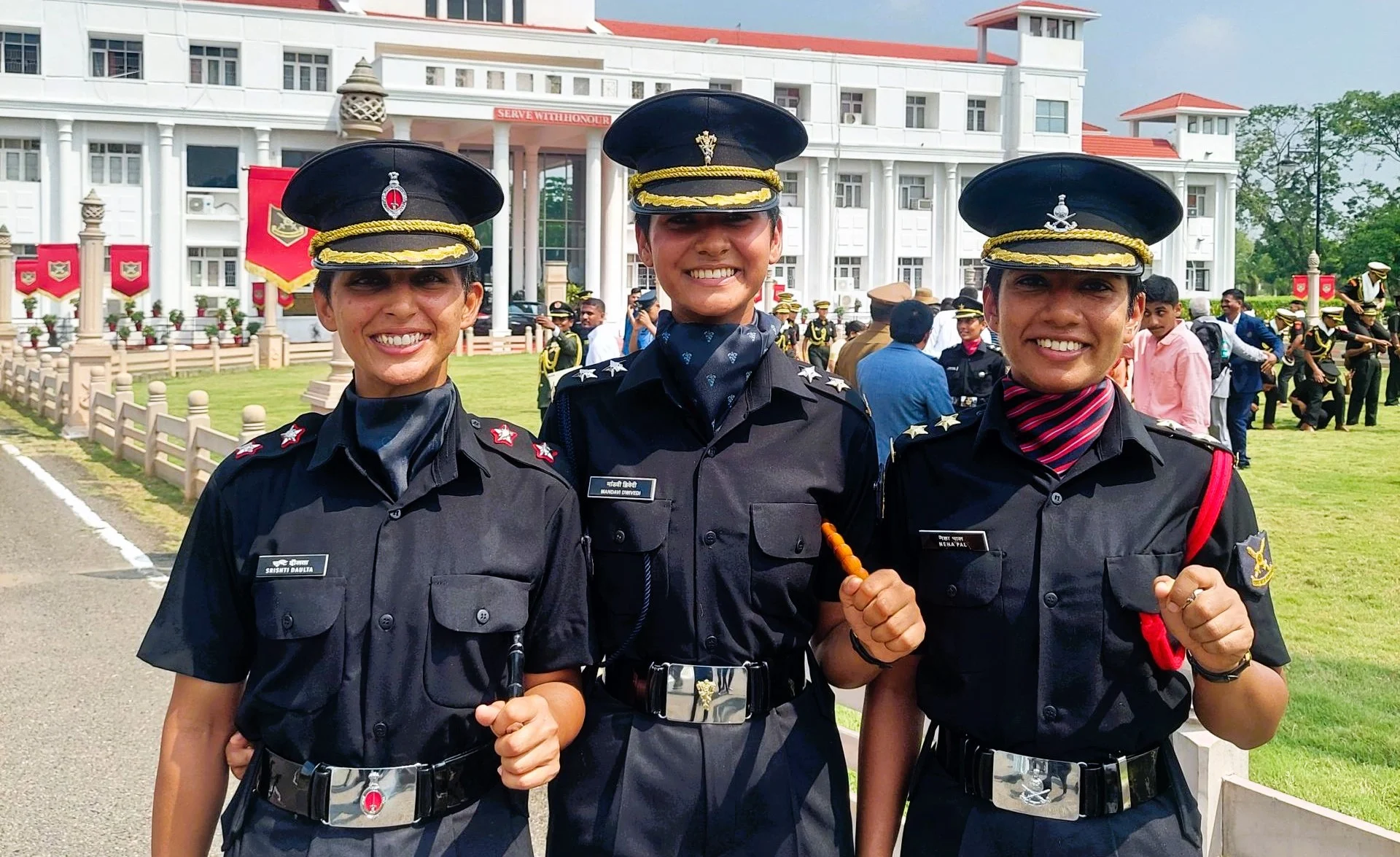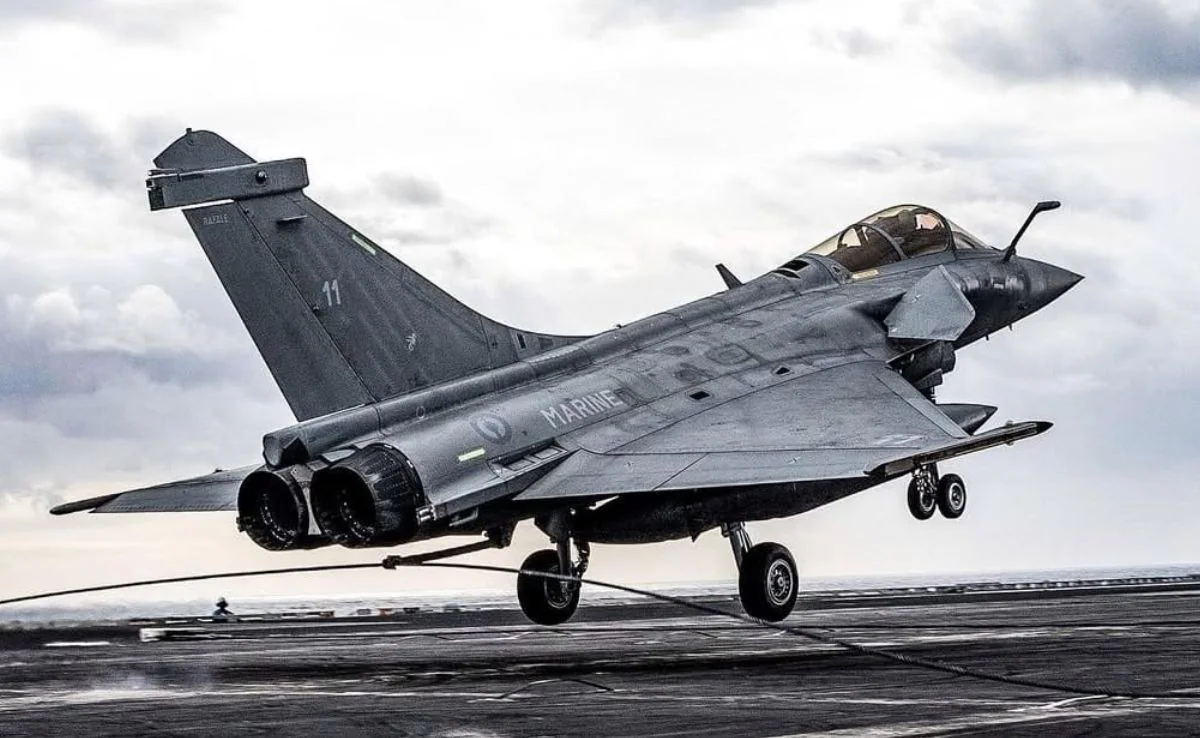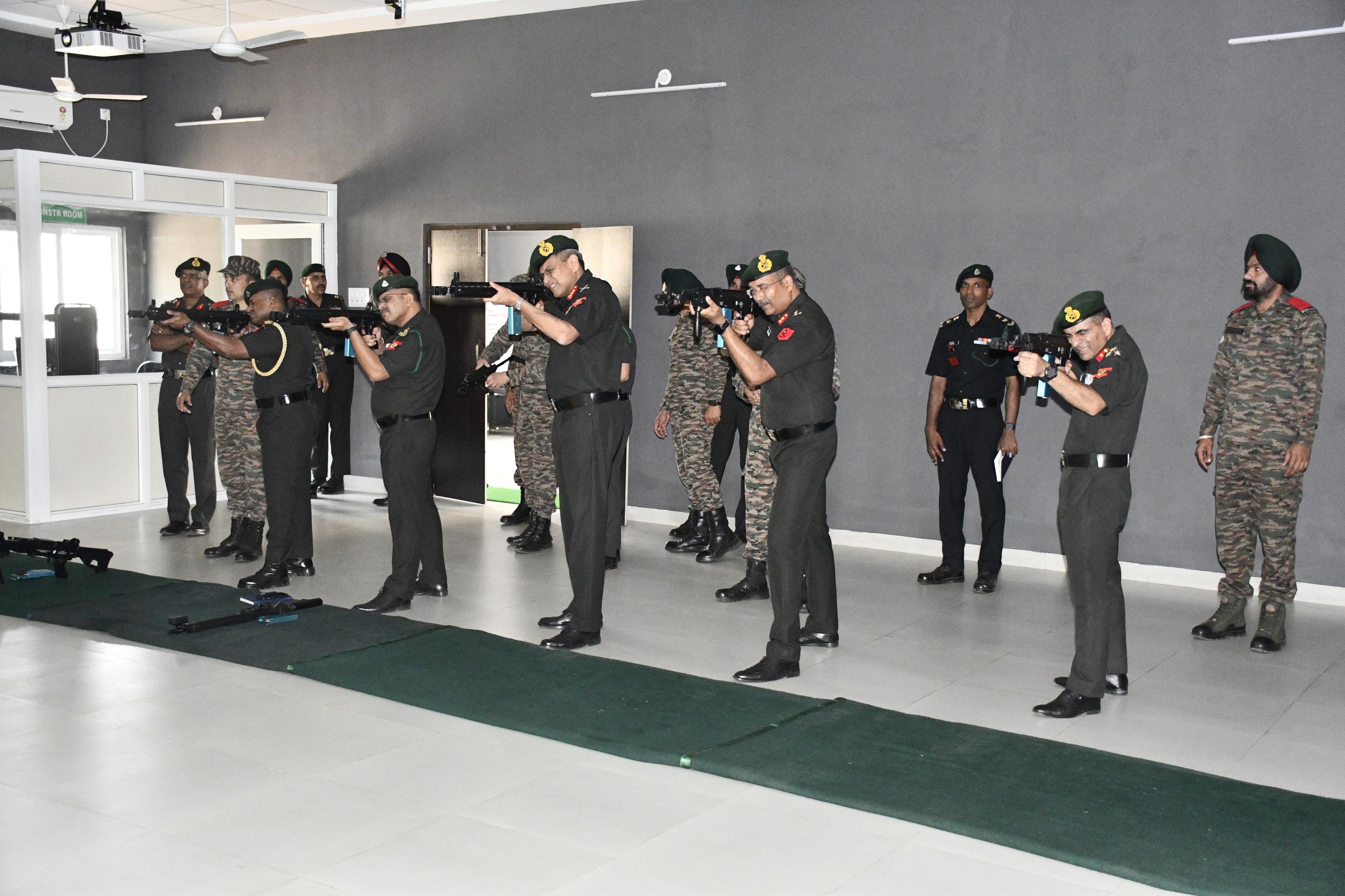A senior US Navy official has raised concerns that ongoing military support for Ukraine and Israel is beginning to impact the United States’ readiness to counter China. At a recent event hosted by the Brookings Institution, Admiral Samuel Paparo, the top Navy commander in the Indo-Pacific, explained that the transfer of advanced weapons from US stockpiles is affecting America’s essential capabilities around the world.
Paparo pointed out that this situation is particularly concerning in the Indo-Pacific region, which he described as the most demanding theater due to China being the most formidable potential adversary facing the US. He articulated a clear connection between current military support efforts and the nation’s overall readiness, stating, “Inherently, it imposes costs on the readiness of America to respond in the Indo-Pacific.”
Initially, Paparo had expressed little concern over the volume of weapons sent to Europe and the Middle East, as those transfers primarily involved artillery and short-range systems. However, as the military aid has expanded to include more advanced weapons, he acknowledged that it would be “dishonest” to ignore the impact on America’s stockpiles.
The US military assistance to Ukraine has featured advanced equipment like Patriot missiles and High Mobility Artillery Rocket System launchers. In addition, the Pentagon has deployed a Terminal High Altitude Area Defense system to Israel to mitigate ballistic missile threats, particularly from Iran.
Paparo’s remarks align with findings from a congressional review conducted in July, which called on the military to bolster its stockpiles in preparation for a potential conflict with China over Taiwan. The comprehensive 114-page report pointed out that the Pentagon is currently unprepared for a full-scale confrontation with either Beijing or Moscow, and the potential of simultaneously facing both was highlighted as a severe concern. It underscored that existing stockpiles would allow for sustained conflict for no more than “three to four weeks.”
To address these critical issues, Paparo strongly urged the need for replenishment of military stocks, stating, “We should replenish those stocks.” He expressed his dissatisfaction with the current inventory levels and emphasized the need for openness regarding the defense capabilities of the United States at this pivotal moment. “It’s a time for straight talk,” he concluded, indicating the urgency of the situation at hand.

